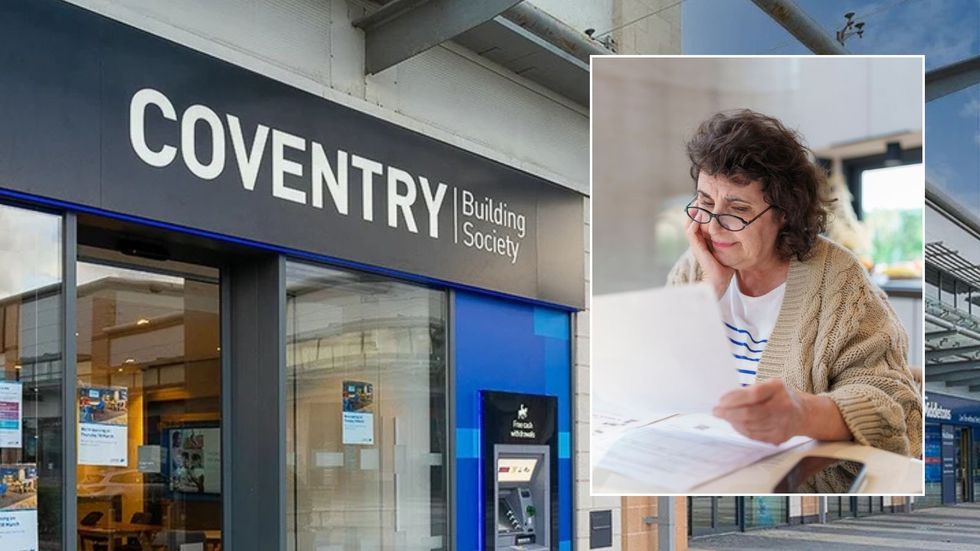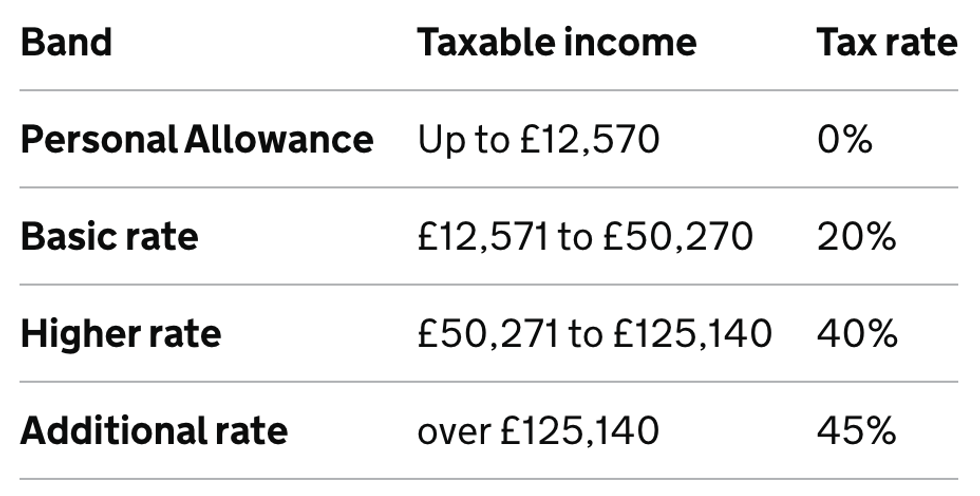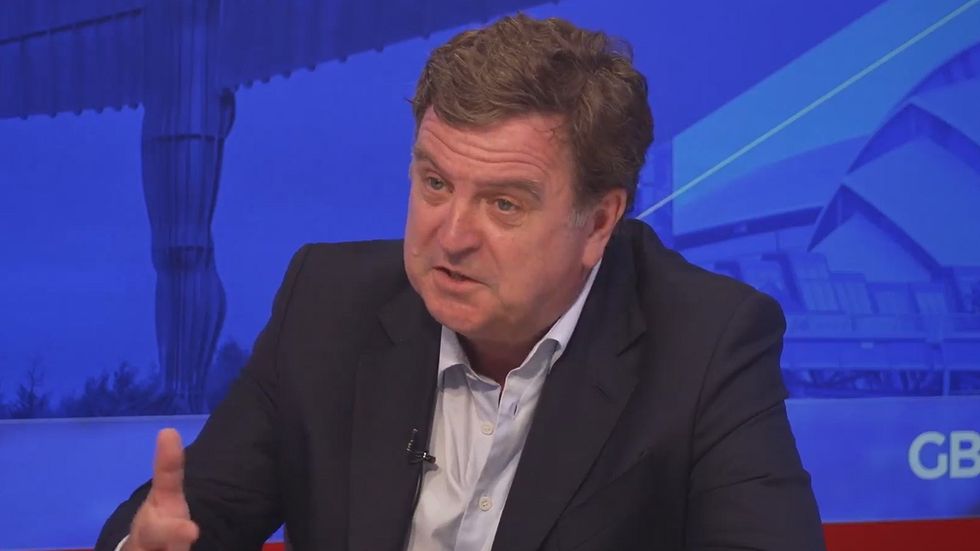Coventry Building Society is warning Britons that they could end up “paying more” to HM Revenue and Customs (HMRC) despite rumours Chancellor Rachel Reeves will not raise income tax in next week’s Budget.
It is understood the Chancellor is planning to prolong the freeze on income tax thresholds through to 2030, a move that would generate approximately £8.3billion yearly for government coffers.
The extension would impact roughly 10 million individuals across the UK, representing nearly 20 per cent of the adult population, and exacerbate the existing fiscal drag phenomenon.
Widely considered a stealth tax, the continuation of fiscal drag as policy would add two additional years to the existing freeze period after initially being introduced by former Chancellor Jeremy Hunt.

Treasury projections indicate the policy could generate £42.9billion in revenue by the 2027-28 financial year, according to Office for Budget Responsibility (OBR) estimates.
The threshold freeze mechanism operates by maintaining current tax bands whilst wages continue to rise with inflation. This pushes earners into higher tax brackets without any change to tax rates themselves.
The policy originated in March 2021 under the Conservative government, with thresholds frozen until the 2027-28 tax year.
Jeremy Cox, the head of Strategy at Coventry Building Society, warned that pensioners and those with fixed incomes face particular hardship from the proposed changes.

He explained: “Our members, particularly those who are retired and on fixed incomes, will be relieved if income tax rates are not increased later this month.
“But if income tax thresholds are frozen for longer and Cash ISA allowances are reduced, many could end up paying more income tax anyway, including on their cash savings.
“With income tax thresholds frozen, many more people were already in line to be higher rate taxpayers next year. Dropping the threshold further will mean millions more will start paying tax at 40 per cent.
“The sting in the tail is that unless cash savings are already in an ISA, the amount a higher-rate taxpayer can earn in interest without handing some of it over to the taxman is slashed in half from £1,000 to £500.
“Other benefits and allowances including child benefit and child care may also be subject to a ‘cliff edge’ for some, making financial planning really difficult.”
Helen Miller, the director of the Institute for Fiscal Studies (IFS), expressed concern that abandoning direct income tax rate increases could prompt the Chancellor to pursue alternative revenue sources that might harm economic growth more severely.
She warned that financial markets might interpret such reluctance to implement politically challenging measures as weakness, potentially causing investors to “demand higher returns when lending to the Government.”
John Clamp, a chartered financial planner at Bowmore, noted that threshold freezes constitute “annual tax rises without many taxpayers even realising,” potentially undermining public confidence in the taxation system.

Shadow Chancellor Sir Mel Stride accused the Labour Government of breaking electoral commitments, stating the policy would directly harm workers’ living standards.
Earlier this month, Ms Reeves suggested she is considering raising axes in the upcoming Budget during a speech in Downing Street
Notably, she did not rule out hiking income tax, VAT or national insurance; which Labour previously pledged not to do in the lead-up to last year’s General Election.
In her speech, the Chancellor said she will make “necessary choices” in the budget after the “world has thrown more challenges our way”.
Our Standards: The GB News Editorial Charter







Follow